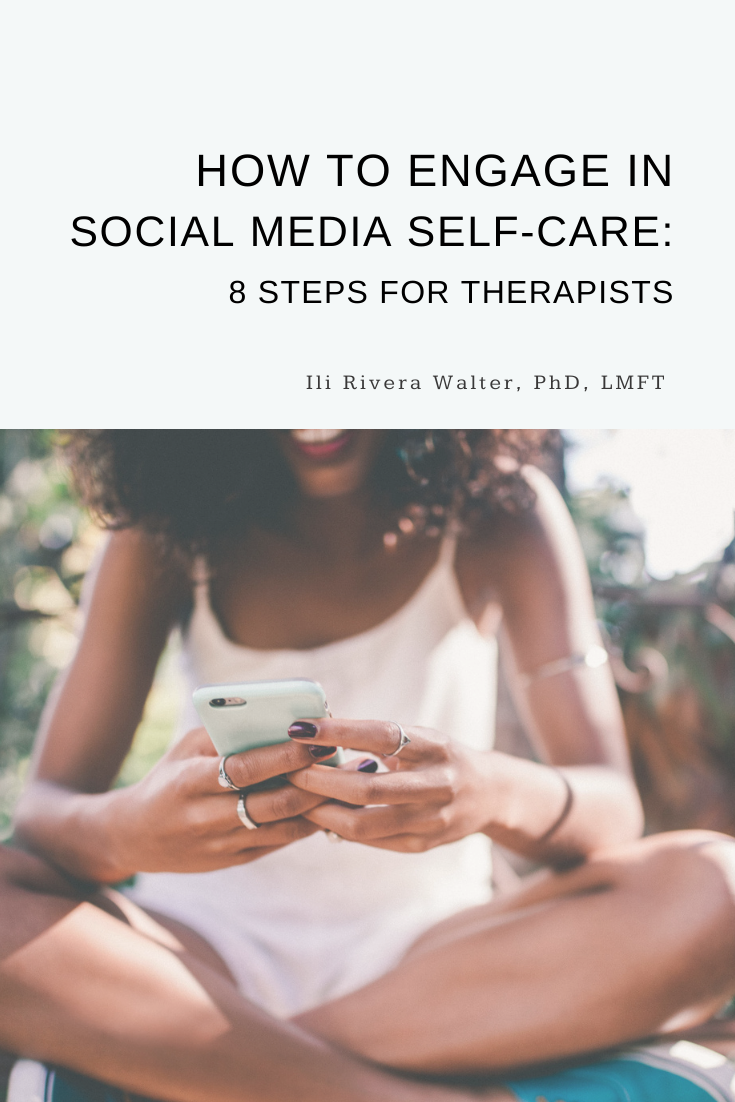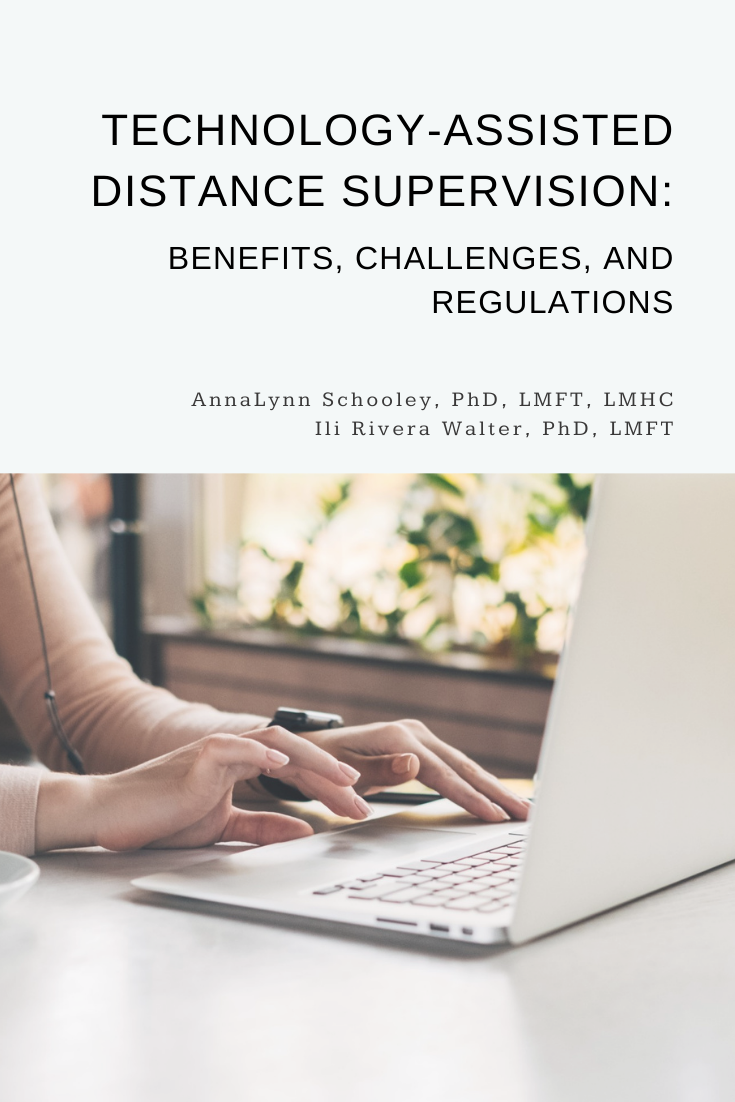Pankaj Gupta, CEO of iPlum, joins me for this post. I interview him about iPlum’s mission, the services the company offers, as well as why iPlum is the right fit for therapists in private practice.
If you haven’t already read Part 1 of my partnership with iPlum, see the five benefits of using a HIPAA-compliant phone solution.
*As an iPlum partner, Family Therapy Basics may earn a commission if you choose to sign up for iPlum via the links in this post.
Ili: Tell me about iPlum’s mission as a company.
P. G.: iPlum’s mission is to bring privacy and compliance to mobile services for healthcare providers.
Ili: What do you see as the significant features that help iPlum stand out against its HIPAA-compliant competitors?
The top three differentiators for iPlum are:
Secure texting using a dedicated phone number. With iPlum, there is no need to have the other end install the iPlum app to receive communications from their provider.
Ability to make and receive calls with the same reliability as native mobile calls. iPlum provides a unique feature to route calls over a carrier’s voice network, without relying on internet delays. The majority of other providers route calls over the internet, which is not most reliable.
Value pricing. iPlum does all telecommunication services in-house, without relying on a third party, which allows us to pass those savings to our customers.
Ili: Why is it important to you to welcome therapists as customers at iPlum?
Therapists have special needs. Unlike other medical branches, the behavioral healthcare provider has to be constantly getting in touch with their patients, sometimes more than once per week.
While talking to our clients, we have learned that sometimes, there is not enough time to respond to all patients, especially when they are dealing with mental illness or suicidal cases. The communication between the provider and their patient has to be instant. The patient needs to be confident that the information they are sharing with their provider is kept secure and private.
Ili: Do you have an example of a customer case study (from any field)—how a customer is using iPlum to stay connected with clients that is innovative?
More healthcare providers are working remotely. Unless they are doing clinical procedures, they don’t have to be in the office. They can respond to clients from anywhere, anytime, using their mobile phone with an iPlum line.
Staffing is a critical issue in healthcare, and lot of healthcare services are now provided remotely by doctors, and many times nursing is done at the patient’s location. All this needs remote connection.
iPlum provides services to extensive organizations which need an enterprise-level security system with simplicity, so that it can be used by any non-techy person.
We have seen a practice with twenty-five therapists enrolling for iPlum services in less than 1 hour. It is a self-service platform and designed to be very intuitive to create accounts. A lot of provisioning happens automatically behind the scenes.
The iPlum mobile app interface is created similar to iPhone or Android native calling and messaging apps, so that users don’t have to learn any new techniques.
Ili: What can iPlum clients expect from iPlum in terms of commitment to customer service?
iPlum’s entire engineering and support staff is located within the United States, so that we can provide highly skilled and secure customer service response to our clients.
We are constantly evolving and releasing new features, both in the app and online portal, for our users.
Ili: Is there anything else you’d like FTB readers to know?
iPlum is constantly innovating and our foremost goal remains to provide secure services using simple user interfaces.
In summary, why should therapists consider iPlum as their provider?
Traditionally, doctor-to-patient relationship communication is one way, the doctor calls the patient. There is no channel for the patient to call or text their doctor.
iPlum has changed that expectation. Now doctors have a separate phone line on their personal mobile phone for patient purposes. This secure line has its own calling, texting, voicemail, distinct ringtone, and visual screen.
The patients can call or text their doctor. The doctor can reply back to them at their convenience. The practitioner can setup business hours and “do not disturb” when they are with other patients.













